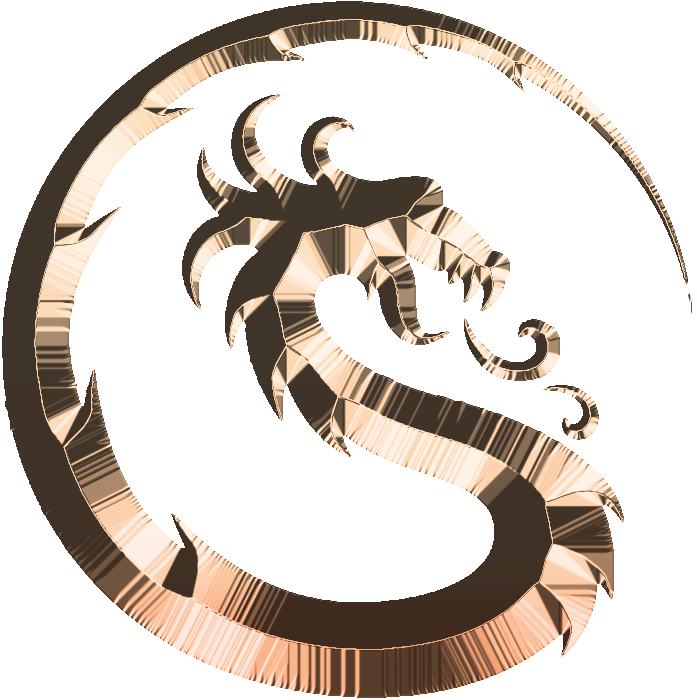In the third post in my six part series on The Top 5 Clichés in Fantasy Fiction, I’m discussing the second of my listed clichés: The Wise Wizard. This character is so recognizable in fantasy novels it almost seems like a mandatory ingredient. He’s the one who teaches the protagonist how to be a hero – and frequently how to be a wizard. We’ve seen him with many faces, though often ones similar to those who proceeded him. Just look at Merlin from Arthurian myth, Gandalf from J.R.R. Tolkien’s The Lord of the Rings, and even Dumbledore from J.K. Rowling’s Harry Potter novels, and try to identify each one out of a police line-up. Odds are you can’t.
As with Cliché #1, The Farm Boy with a Secret, the reason this character is so common is because it represents another archetype in fiction. This archetype goes by a number of names, including the “Mage,” the “Mentor” and the “Guardian,” but the purpose of this character is always similar – he (or she) is the wise teacher who sets the protagonist on a path critical to the storyline. In this respect, the Wise Wizard may indeed be a necessary character in many novels. After all, lots of us have had a teacher or mentor, someone who for better or worse shaped our choices in life and made us, in part, the person we are. Since this is nearly universal to the human experience, it’s no surprise that it’s a familiar element in stories, at least those about people, whether it’s part of the protagonist’s backstory or the main plot line.
Sometimes this character can be a hard or even abusive teacher who proves to be more villain than hero, but he or she still profoundly impacts the main character and his or her direction in the story. Examples of this archetype in film and fiction abound – here are just a few in addition to the three bearded gentlemen mentioned above: Obi-wan Kenobi and Yoda from Star Wars, Morpheus from The Matrix, Allanon from The Sword of Shannara, Polgara and Belgarath from The Belgariad, Ogion from The Wizard of Earthsea, and Cort from The Gunslinger.

In my view, the frequency of this Guardian or Mentor character is a testament to the universal appeal of this archetype. Maybe we’ll see less of them with long beards and pointed hats from now on as reaction to the cliché, but I believe the Wise Wizard, in one form or another, is here to stay




Cat
March 7, 2012 - 8:33 am ·the guy in the b/w picture is Odin, Allfather, the leader of the Aesir (Northern Mythology) — and he was a god, not a wizard. 😉
BTW, you might want to turn off word verification to get more comments.
Joseph Finley
March 7, 2012 - 8:53 am ·Cat – you win the prize! If you click on the link below the picture it takes you to a post where I talk about how Tolkien borrowed heavily from Norse myth and note that this image of Odin the Wanderer may have inspired later images of Gandalf and other fantasy wizards.
Richard Campbell
March 7, 2012 - 10:00 am ·At some point after your main 5 cliches, you should probably rant about Joseph Campbell…
Richard Campbell
March 7, 2012 - 12:05 pm ·This comment has been removed by the author.
Joseph Finley
March 7, 2012 - 5:55 pm ·Richard, thanks. I can envision a post on The Hero With A Thousand Faces sometime soon!
BJB
March 9, 2012 - 10:49 am ·Any stories where the author plays on this cliche by making the Wise Wizard the narrator? Or perhaps even the main character? Could be a nice change of pace.
Joseph Finley
March 9, 2012 - 5:52 pm ·BJB – Great question. I know there a number of books with Merlin as the protagonist. Mary Stewart's The Merlin Trilogy jumps to mind.